Switzerland and Taiwan: economically close, politically distant
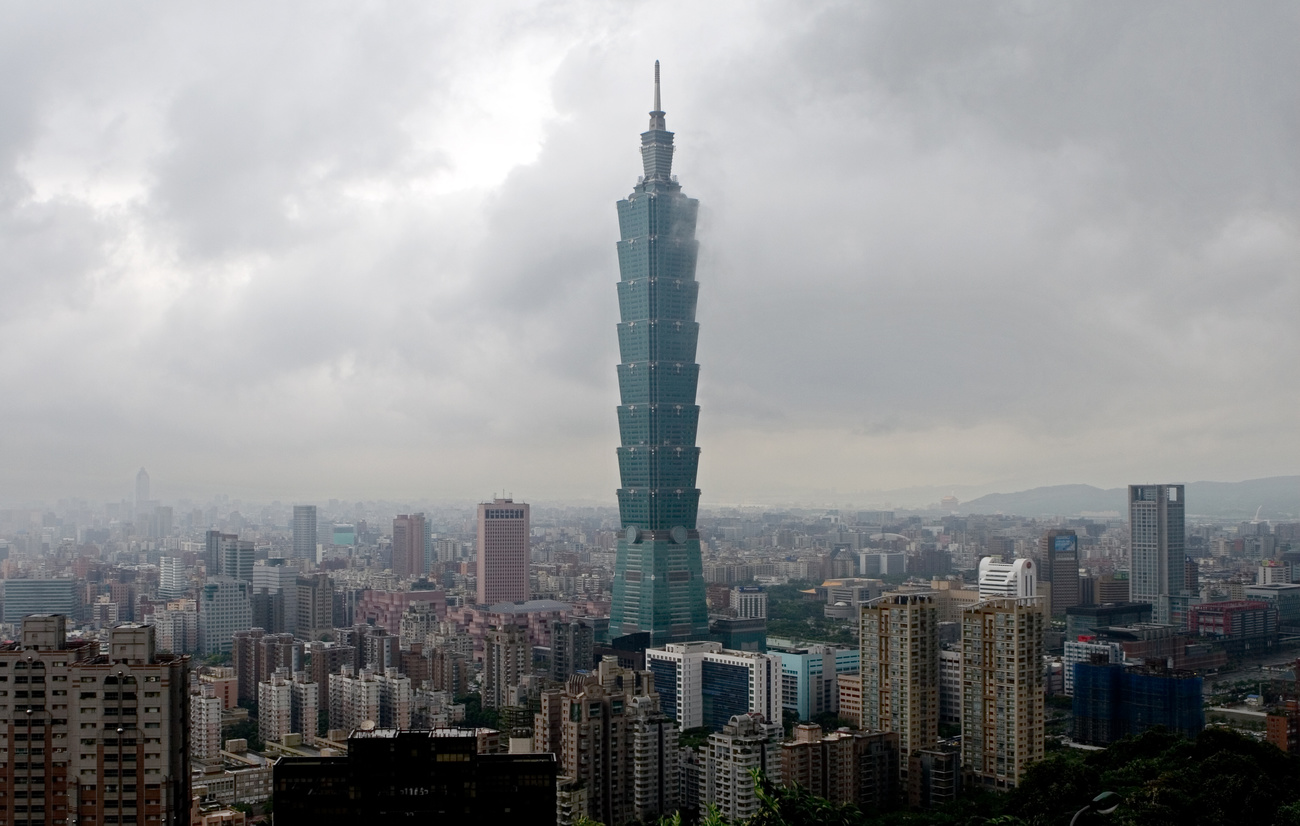
Switzerland does not officially recognise the Asian island state of Taiwan. Nevertheless, it maintains relations – through intricate channels.
Rarely do visits lead to such harsh reactions. When Nancy Pelosi, speaker of the US House of Representatives, announced her recent visit to Taiwan, Beijing’s rhetoric was unusually sharp, and massive military manoeuvresExternal link subsequently began around the island. In response, Taiwan began its own live-fire exercises. The situation remains very tense. It is feared that China wants to incorporate the “renegade province”, whose international status is disputed, by force.
China’s military said on Wednesday that it had “completed various tasks” around Taiwan but would conduct regular patrols, potentially signalling an end to days of war games but also that Beijing will keep up the pressure against the island.
Countries all over the world are faced with the question of what position to take in this crisis. Switzerland is no exception: it doesn’t recognise Taiwan as an independent state. But is it even possible to conduct diplomatic relations with a state that you don’t officially recognise? It’s certainly possible – but at the expense of transparency.
Here are the most important issues in the relationship between Switzerland and Taiwan.
What is the situation regarding recognition?
On January 17, 1950, Switzerland became one of the first countries to recognise the People’s Republic of China, and to this day it follows the One China policy. This states that only the government of the People’s Republic of China is the legitimate representative of the whole of China, i.e. Mainland China, Hong Kong, Macao and Taiwan (Republic of China).
The quick recognition was a break with Switzerland’s previously restrained policy on China. What’s more, it explicitly recognised the communist government at the time, contrary to Switzerland’s usual practice of recognising only states, not governments. There was a reason for this: after the Second World War Switzerland’s neutrality meant it was isolated and it was looking for ways to improve its international networking. Also, it didn’t want to repeat its mistake with the Soviet Union, which it didn’t recognise until 1946.
This put Switzerland in a special position. Led by the US, most states recognised the nationalist Kuomintang government in Taiwan. However, this changed towards the end of the 1970s, when Beijing managed to impose its One China policy worldwide. For many, this put an end to the recognition of Taiwan as a state – China’s pressure was working.
Is Switzerland bowing to China’s pressure?
Although Switzerland has always had good relations with China thanks to its early networking with Beijing, when it comes to Taiwan, its room for manoeuvre has shrunk with the nationalism fanned by President Xi Jinping.
This became clear recently when the president of the right-wing Swiss People’s Party said he planned to visit Taiwan in his capacity as president of the Swiss-Taiwan parliamentary friendship group. The trip had been planned before Pelosi’s visit, but the Chinese ambassador in Bern made it very clear to the media that China rejected this contact.
Worldwide, fewer than two dozen nations recognise Taiwan as a state and maintain diplomatic relations. Many more – including Switzerland – use unofficial channels of communication.
How does Switzerland get round this problem?
Where politics hesitates, business is more flexible. Taiwan has one of the strongest purchasing power societies in Asia, which makes the island an interesting market for relatively expensive Swiss products. The most important Swiss exports are chemical and pharmaceutical products, watches, machinery and electronic products. For Switzerland, Taiwan is the fifth-largest export market in Asia, with an increasing trade volume.
Since 2011 Switzerland and Taiwan have had an agreementExternal link to avoid double taxation. This is a private agreement that, uniquely, was recognised by federal law. This is a good example of how Switzerland finds ways to maintain and continue bilateral relations despite non-recognition.
What are the arguments against a free-trade agreement?
In recent years there have been repeated calls for a free-trade agreement with Taiwan. Switzerland already has – or is negotiating – such agreements with several Asian countries. Thanks in particular to its dominant position in semiconductor production, Taiwan is a key link in global supply chains.
But the Swiss government doesn’t want to provoke China with an agreement with Taiwan. “In view of the general framework conditions and the global political constellation, the Federal Council does not consider it opportune at this time to discuss this issue in depth,” it replied in 2020 to a corresponding motion in parliament. It has not changed its position since.
Of course free-trade agreements also have a political dimension. But bilateral economic agreements with Taiwan would be possible as long as they do not directly affect the question of sovereignty – Singapore and New Zealand led the way a few years ago.
Nevertheless, the volume of trade with mainland China is considerably greater and is also growing faster. In 2020 it amounted to CHF33 billion ($34.7 billion) – almost ten times larger than that with Taiwan. China is Switzerland’s most important trading partner in Asia, and the third most important overall after the EU and the US. Any political rapprochement with Taiwan will take this into account.
Why does Switzerland promote Taiwan’s democracy?
The promotion of democracy is a constitutional mandate in Switzerland. It makes its knowledge and expertise available to all interested parties; in the case of Taiwan, holding referendums was a particularly popular topic. This is not mere decoration: nowhere in Asia are people’s rights as developed as in Taiwan.
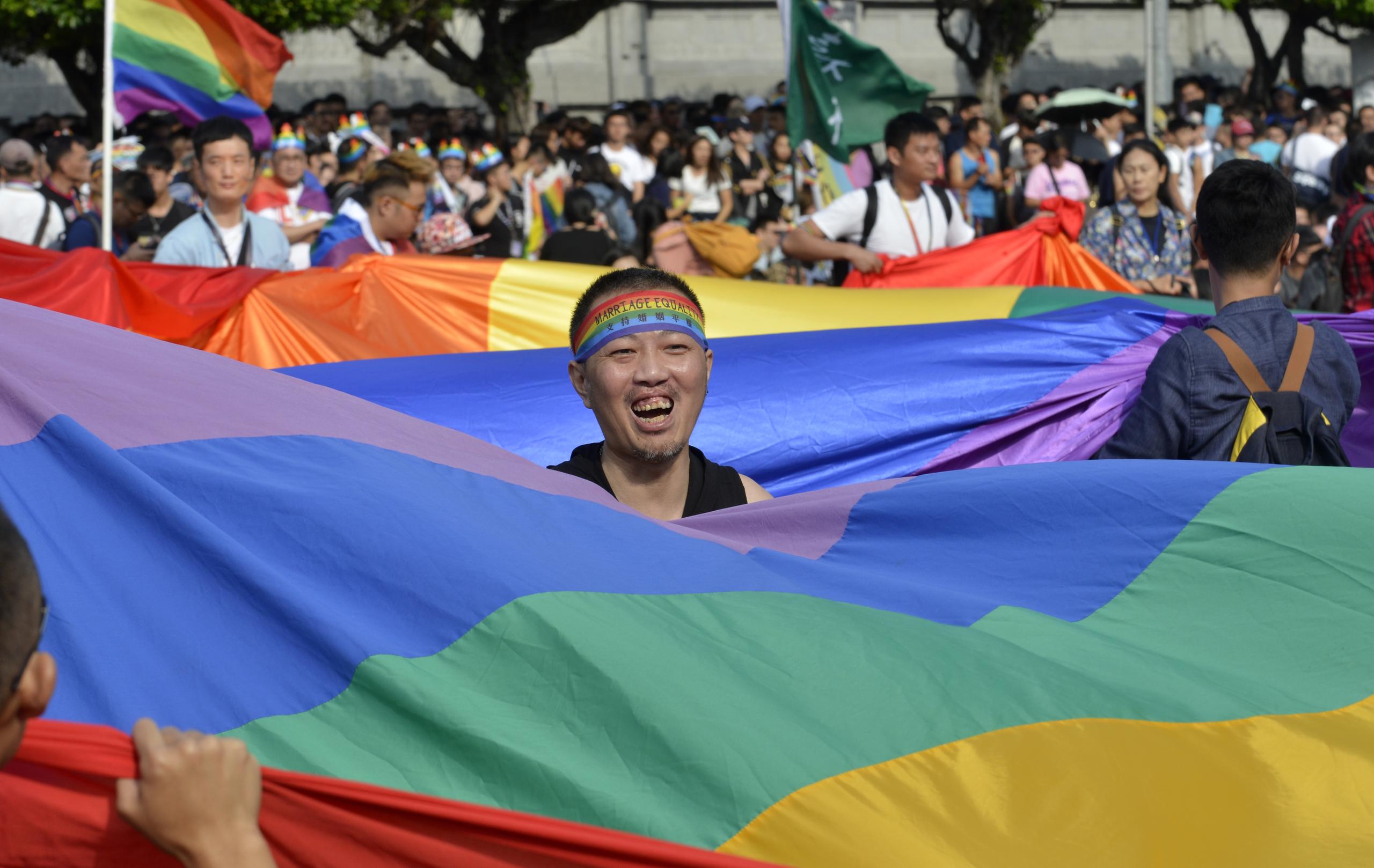
More
Taiwan’s young democracy has Swiss genes
This also has a knock-on effect: other East Asian countries have adopted digital solutions that allow politicians in Taiwan to involve citizens in decision-making.
The Russian war of aggression against Ukraine also has a strong symbolic component and is perceived by the Western public as a struggle between dictatorships and democracies. Pelosi’s visit was a clear sign of support for a young democracy threatened by an increasingly authoritarian state. A young democracy which can be seen as the antithesis of the claim that democratic structures cannot develop in less-developed countries.
Where do things go from here politically?
Voices in Switzerland too have become louder calling for closer relations with Taiwan – recently with another motionExternal link in parliament wanting to deepen them in various areas. Politicians from several parties have pointed out Switzerland’s significant dependence on China and are calling for closer ties with Taiwan, while others want to avoid conflict with China if possible because of the close economic ties. This is likely to remain the case. Unlike with Ukraine and Russia, for the time being there is neither urgency nor international pressure for Switzerland to pick a side: China or Taiwan.
Translated from German by Thomas Stephens
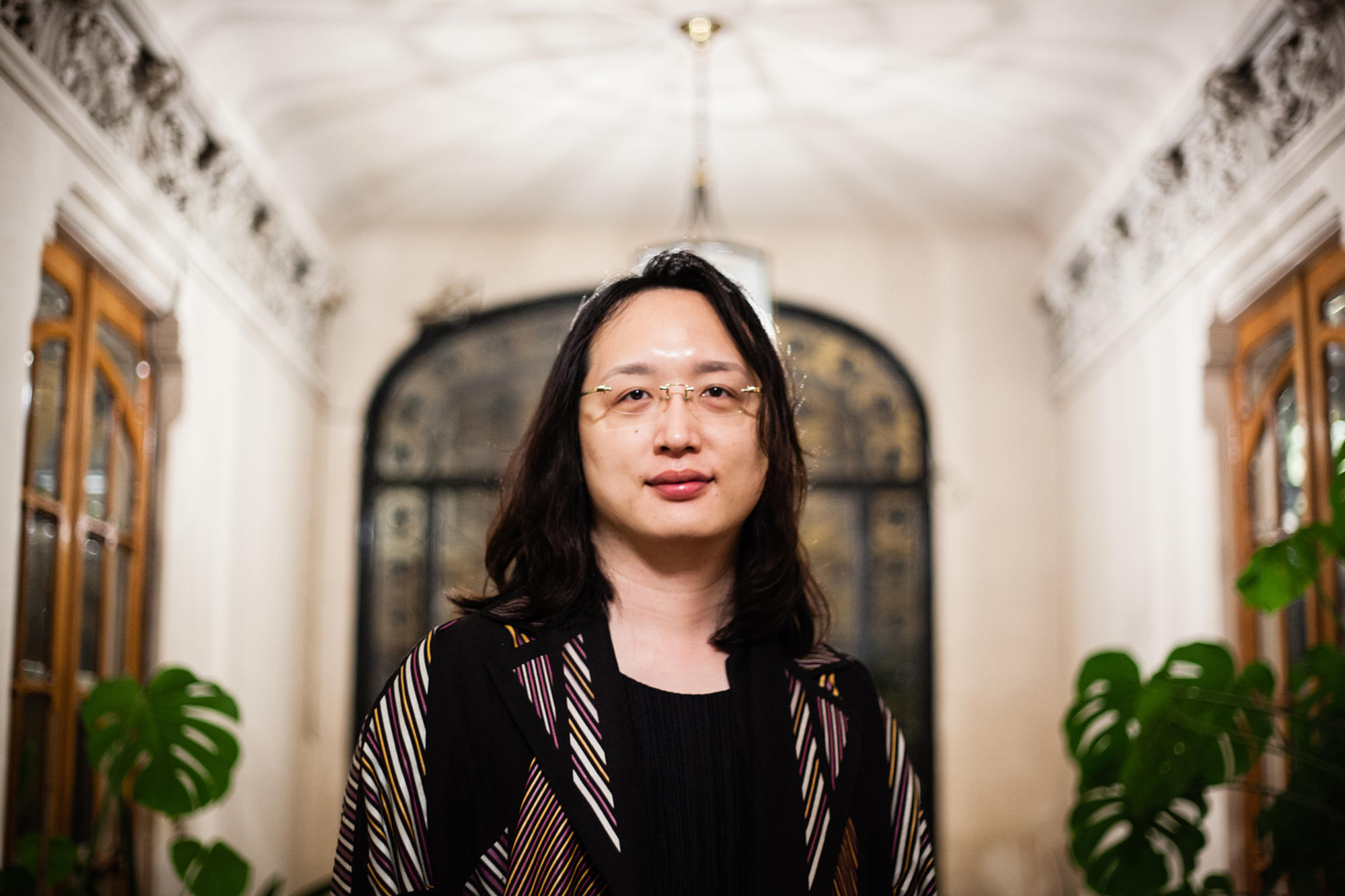
More
What Switzerland and Taiwan can learn from each other

In compliance with the JTI standards
More: SWI swissinfo.ch certified by the Journalism Trust Initiative








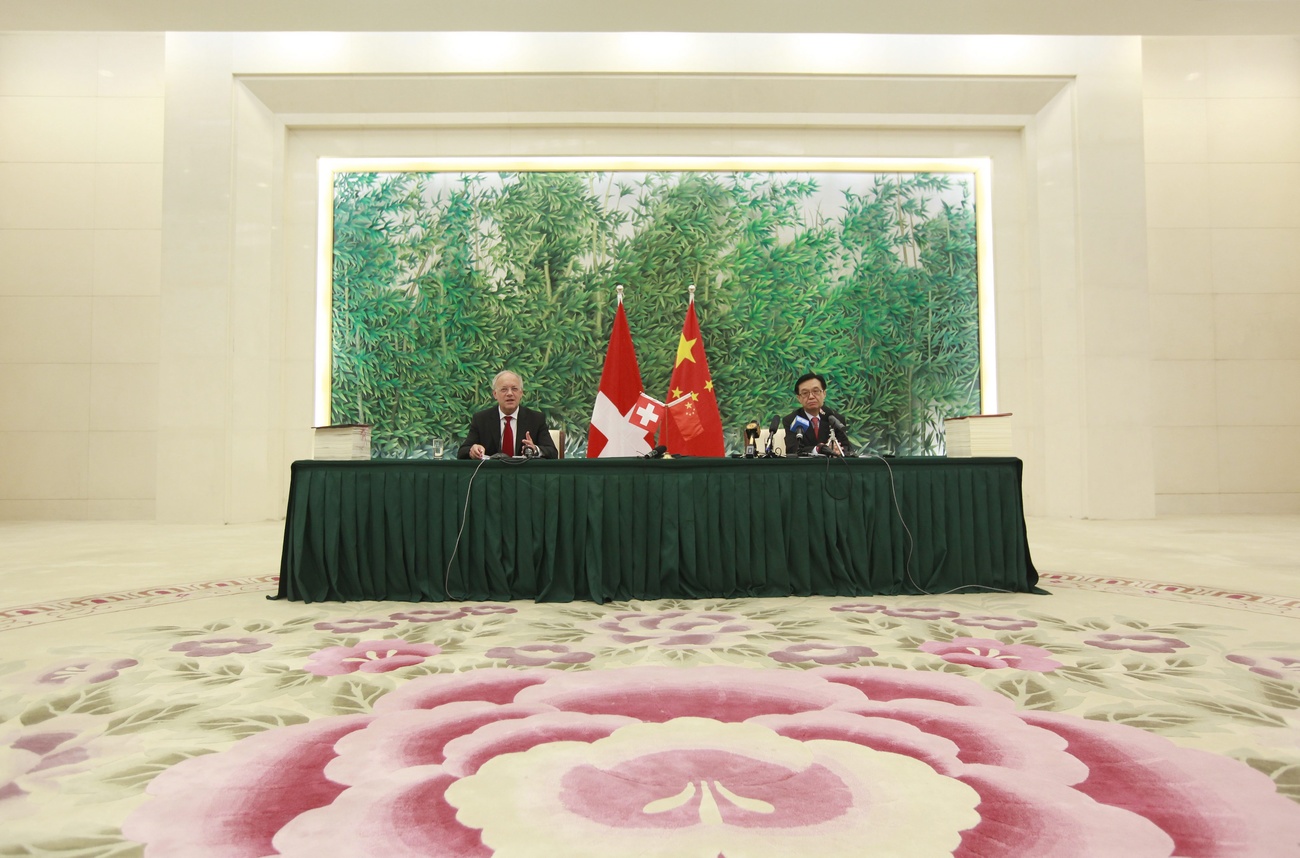

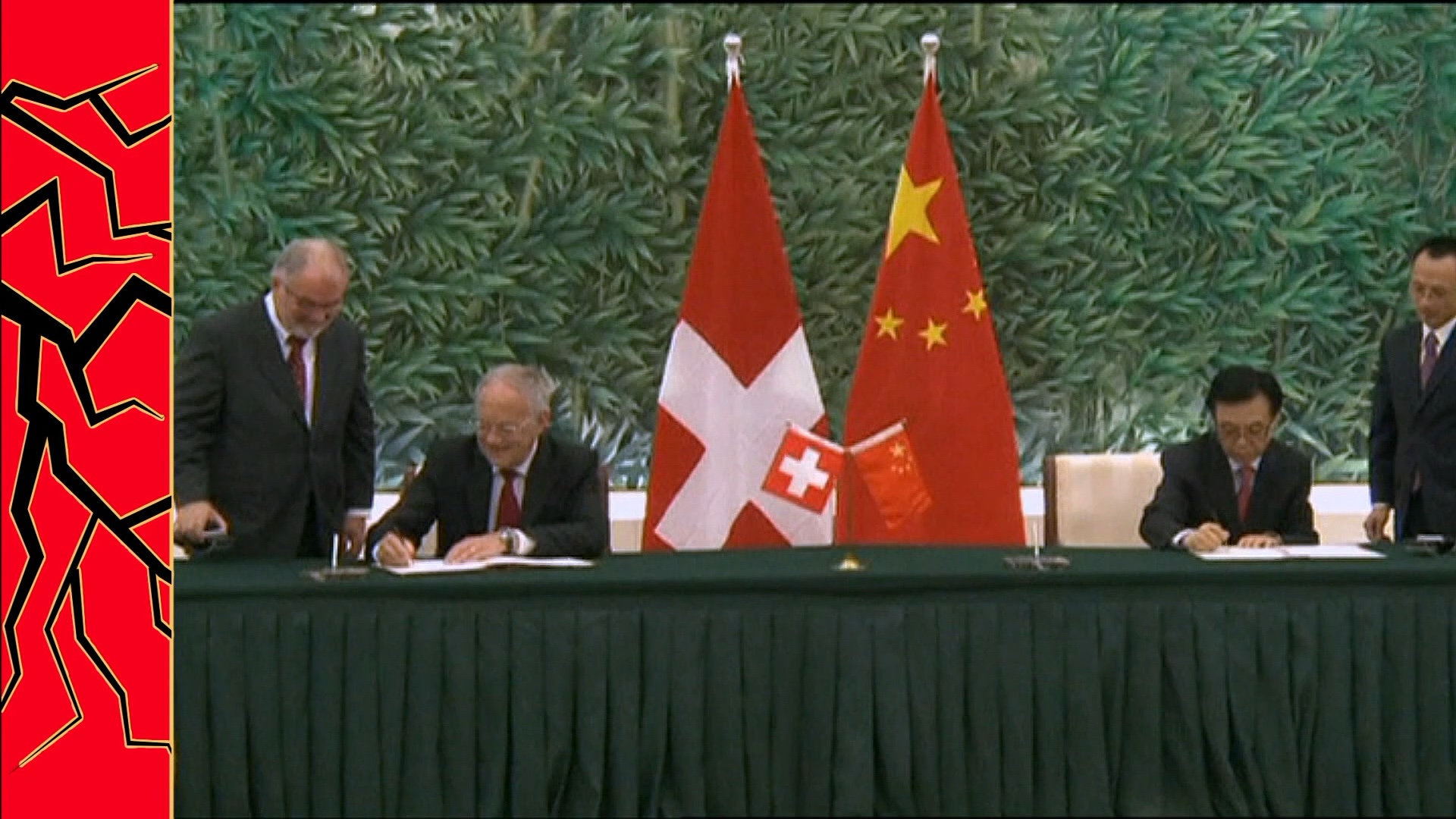
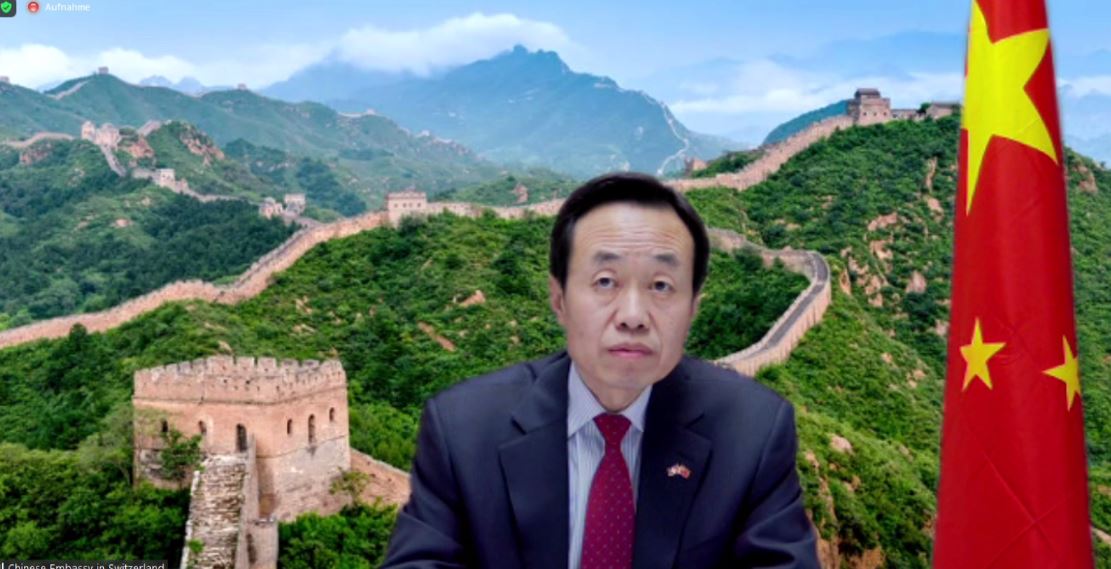


You can find an overview of ongoing debates with our journalists here . Please join us!
If you want to start a conversation about a topic raised in this article or want to report factual errors, email us at english@swissinfo.ch.